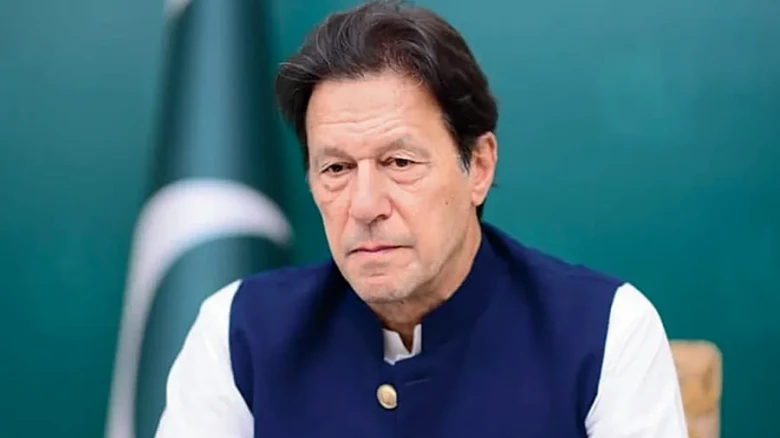National

Authorities are legally permitted to keep gifts if they pay a pre-determined price, often a fraction of the gift's value.
Digital Desk: On Monday, a judge dismissed a
petition submitted by Pakistan's former prime minister Imran Khan seeking to
have his non-bailable arrest warrant in the Toshakhana case lifted.
On February 28, Additional Sessions
Judge Zafar Iqbal issued a non-bailable arrest warrant against the
cricketer-turned-politician for failing to appear in court in the Toshakhana
case on a regular basis.
Khan has
been accused of buying presents for profit, including a costly Graff wristwatch
he obtained as premier at a reduced price from the state storehouse known as
Toshakhana.
He is accused of
concealing details of gifts he received from the Toshakhana, a repository where
gifts given to government officials by foreign diplomats are held, in his asset
declarations.
Authorities are
legally permitted to keep gifts if they pay a pre-determined price, often a
fraction of the gift's value.
On Sunday, the PTI head applied to the Lahore High Court (LHC) for
post-arrest release after an Islamabad police squad arrived at his Zaman Park
mansion to arrest him for failing to appear in court in the Toshakhana case.
But, after Khan eluded capture, the police crew returned empty-handed.
Khan has not appeared in court
since November of last year, when he was injured in an assassination attempt
during a rally in the Punjab district of Wazirabad. After being shot during the
assassination attempt, Khan was granted interim bail by a special court in
Islamabad.
He has since had his bail extended
owing to medical reasons.
Khan was deposed in April after
losing a no-confidence vote in his leadership, which he said was part of a
US-led conspiracy to destabilise him as a result of his independent foreign
policy decisions on Russia, China, and Afghanistan.
The PTI
leader, who took office in 2018, is Pakistan's first Prime Minister to be
deposed in a no-confidence vote in Parliament.
Leave A Comment